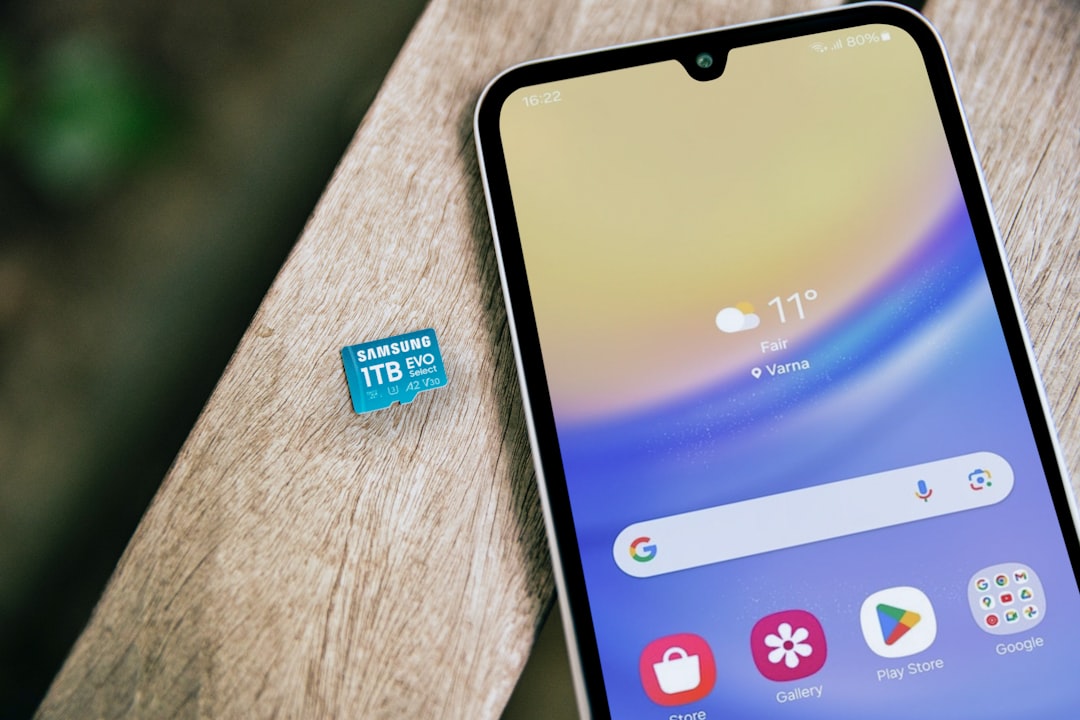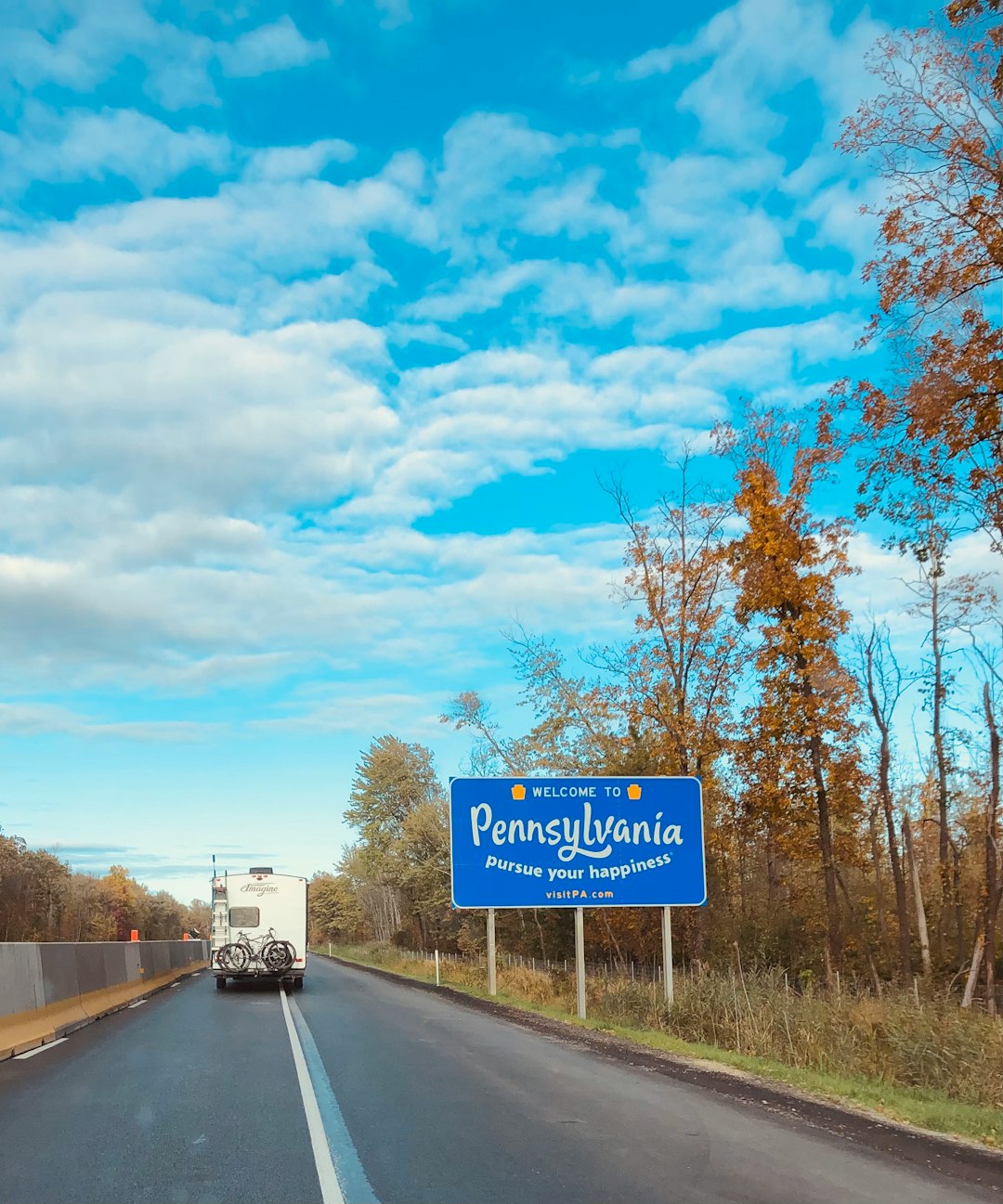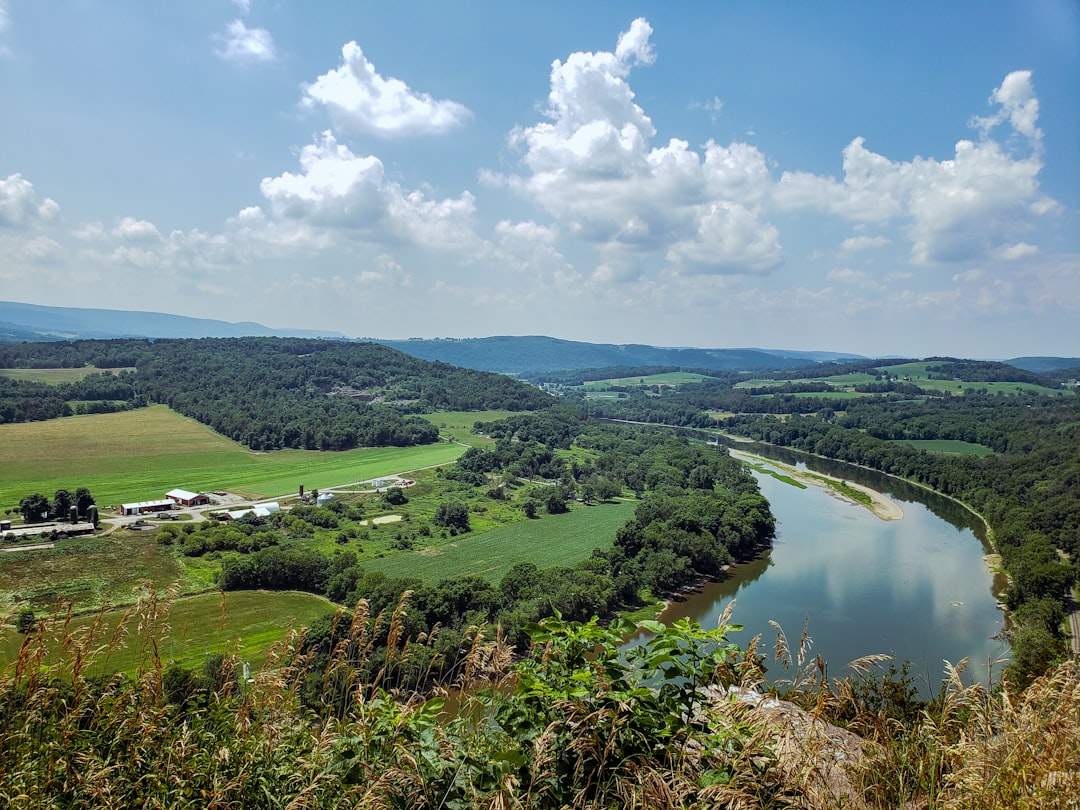Pittsburgh's industrial history has made it a key player in Pennsylvania's telemarketing sector. The city's central location and infrastructure attracted telecommunications businesses, leading to a thriving industry. However, Pittsburgh actively protects residents through stringent Do Not Call Laws in Pennsylvania, balancing business interests with residential privacy. These laws have reshaped marketing practices, fostering a culture of consent-based marketing and enhancing consumer satisfaction. Pittsburgh's proactive approach influenced state-level policies, solidifying Pennsylvania as a leader in consumer protection from unwanted telemarketing calls.
Pittsburgh, a city known for its industrial heritage, has also played a surprising role in shaping Pennsylvania’s telemarketing policies. This article delves into the history of Pittsburgh’s thriving telemarketing industry and explores how local initiatives and consumer protection efforts have influenced statewide Do Not Call laws in Pennsylvania. By examining these dynamics, we gain insights into the city’s impact on regulating outbound calls and its contribution to a more balanced legal landscape for businesses and consumers alike.
Pittsburgh's Telemarketing Industry: A Historical Overview

Pittsburgh, a city known for its rich industrial heritage, has also played a significant role in shaping Pennsylvania’s telemarketing landscape. Historically, the city’s economy was driven by manufacturing and steel production, which attracted a diverse workforce and contributed to its growth as a major urban center. As the 20th century progressed, Pittsburgh experienced a transition, embracing new industries and adapting to changing economic trends. This evolution included the rise of telecommunications and the subsequent surge in telemarketing activities.
The city became a hub for call centers and telemarketing operations due to its central location and robust infrastructure. Over time, Pittsburgh’s telemarketing industry grew, facing challenges and adapting to consumer protection measures, particularly Do Not Call laws in Pennsylvania. These regulations aimed to balance the needs of businesses while respecting residential privacy, leading to a more structured and compliant telemarketing environment in and around Pittsburgh.
Legal Landscape: Pennsylvania's Do Not Call Laws

In Pennsylvania, the legal landscape surrounding telemarketing is largely defined by its stringent Do Not Call Laws. These regulations aim to protect residents from unsolicited phone calls and provide them with a measure of privacy. The state’s Do Not Call Laws are designed to give Pennsylvanians control over their phone numbers, allowing them to decide when and how they wish to be contacted.
These laws specifically prohibit telemarketers from making calls to individuals or businesses who have registered their phone numbers on the Do Not Call List. Fines for violating these regulations can be substantial, serving as a deterrent for unauthorized telemarketing activities. By enforcing these Do Not Call Laws, Pennsylvania plays a crucial role in maintaining a balance between marketing efforts and individual privacy rights.
The City's Role in Consumer Protection

Pittsburgh has played a pivotal role in shaping Pennsylvania’s telemarketing landscape, particularly when it comes to consumer protection. The city has been at the forefront of implementing and enforcing strict Do Not Call Laws in the state. These laws are designed to safeguard residents from unwanted phone calls, giving them control over their personal communication. Pittsburgh’s proactive approach ensures that businesses must obtain explicit consent before engaging in telemarketing activities, thus reducing nuisance calls and fostering a more harmonious relationship between consumers and marketers.
Through local initiatives and collaborations with state authorities, Pittsburgh has established robust mechanisms to handle violations. This includes fines and penalties for companies that disregard the Do Not Call Laws, providing an additional layer of protection for residents. The city’s efforts have not only empowered individuals but also set a standard for responsible telemarketing practices across Pennsylvania, making it a model for other cities to follow in prioritizing consumer privacy and well-being.
Impact on Local Businesses and Outbound Calls

Pittsburgh’s vibrant business landscape has been significantly influenced by the city’s unique regulatory environment, particularly in the realm of telemarketing practices. The region’s strict Do Not Call Laws in Pennsylvania have had a profound impact on local businesses, both big and small. These laws aim to protect residents from unwanted outbound calls, ensuring that consumer privacy is respected. As a result, many businesses have had to adapt their sales and marketing strategies, often adopting more targeted and personalized approaches to reach potential customers.
The reduction in unsolicited calls has created a more refined business-consumer interaction. Local companies are now encouraged to build robust internal databases and utilize advanced customer relationship management (CRM) systems. This shift has fostered a culture of consent-based marketing, where businesses must obtain explicit permission from callers, leading to higher consumer satisfaction and trust. Pittsburgh’s proactive stance on Do Not Call Laws has thus contributed to a more refined and effective telemarketing ecosystem within the state.
Shaping Statewide Policy through Pittsburgh's Experience

Pittsburgh, as a major city in Pennsylvania, has played a pivotal role in shaping the state’s telemarketing landscape, particularly when it comes to Do Not Call Laws. The city’s unique regulatory approach and experience have left a lasting impact on statewide policies. Over time, Pittsburgh has refined its regulations to address the ever-evolving telemarketing industry, ensuring residents’ privacy and peace of mind.
The city’s initial efforts focused on combating aggressive telemarketing practices, leading to the implementation of strict guidelines. These measures not only protected Pittsburgh residents but also set a precedent for other Pennsylvania cities. The success of these local initiatives prompted state-level policymakers to take notice, eventually incorporating similar principles into the broader Do Not Call Laws applicable across the state, making Pennsylvania a leader in consumer protection in this domain.






